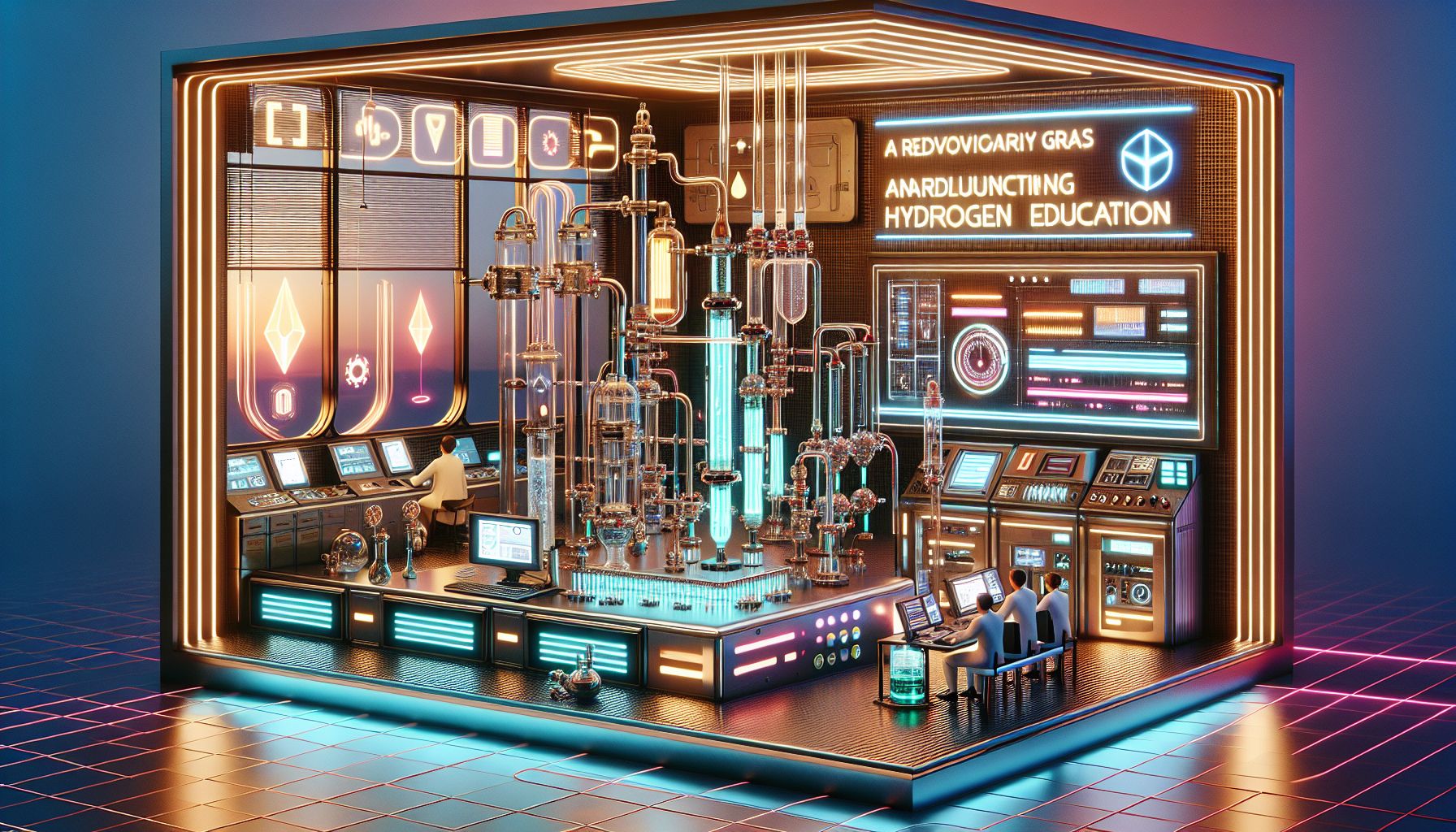Revolutionary Gas Flow System Advancing Hydrogen Education

London, Monday, 16 June 2025.
A new gas flow measurement system blends analog and digital tech to boost hydrogen curricula for budding engineers, marrying theory with practice and preparing students for the future of the energy industry.
Blending Analog and Digital for Educational Innovation
In a bid to energise the hydrogen economy, a novel gas flow measurement system has emerged. This system ingeniously combines analog and digital technologies, providing a robust platform for understanding hydrogen applications in electronic engineering [1]. Engineers in training can now experience a hands-on connection between theoretical concepts and practical execution, making lessons more engaging and relevant [1]. Why should engineers be left in the dust of theory when they can actively dabble in the technology that’s set to revolutionise the energy sector?
Laboratory Tests Prove Potential
Laboratory evaluations of this cutting-edge system have shown promising results, suggesting that its introduction in academic settings could foster multidisciplinary collaborations among students and faculties [1]. This synergy is crucial because it prepares the upcoming generation of engineers to tackle real-world challenges with a well-rounded perspective [1]. It’s as if classroom desks have turned into launchpads for the hydrogen-driven future!
Hydrogen Economy: A Curriculum Priority
Embedding hydrogen economy principles in educational syllabi is not just a trend but a need. This integration aims to arm young engineers with insights that are aligned with mounting industry demands, emphasising hydrogen as a pivotal energy source [1]. The engineering curriculum must evolve to include these elements so students are not caught off guard by the future they’re meant to shape. No more back-row naps during a lecture on fuel cells — the future is hydrogen, and it needs fiery passion, not sleepy yawns.
Engineering the Future: A Call to Action
The initiative emphasises the significance of including the hydrogen economy in engineering curriculums, aimed at equipping students for the demands of a green tomorrow [1]. Cross-disciplinary applications within engineering education aren’t merely additive; they’re transformative. This emphasis on real-world relevance ensures that future engineers are more than book-smart; they’re industry-ready, and perhaps just as important, world-savvy. After all, what’s cooler than being the hero who saves the planet with a keyboard, a soldering iron, and a bundle of hydrogen tech?
Bronnen
- ieeexplore.ieee.org
- www.pubaffairsbruxelles.eu
- fuelcellsworks.com
- www.ainvest.com
- energysystems.mines.edu